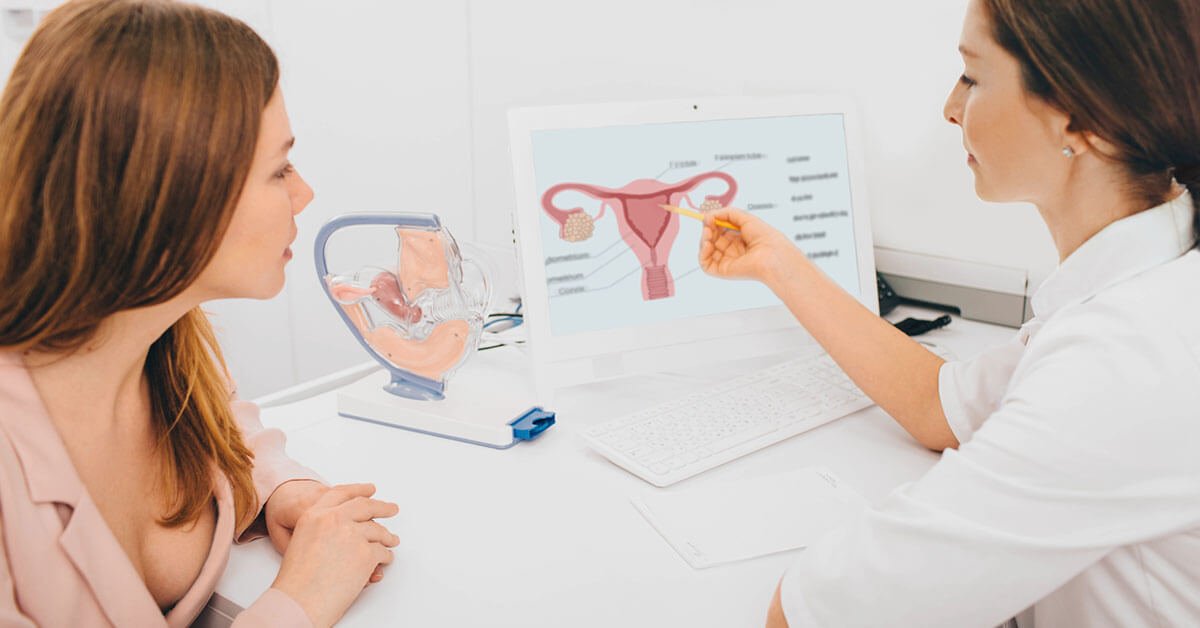The Importance of Regular Gynecological Check-Ups
When was the last time you saw a gynecologist? If you can’t remember, it may be time to schedule an evaluation. Regular visits to a gynecologist are not only for treating diseases—they are essential for maintaining women’s health and for the early detection of potential issues.
The Role of the Gynecologist
A gynecologist is a healthcare professional responsible for comprehensive care of women, from prevention to the treatment of specific conditions. Many people associate gynecological visits solely with infection screenings or Pap smears, but the scope of a gynecologist’s work goes far beyond that.
Preventive Screening
Gynecologists perform a variety of preventive exams that are crucial for women’s health:
- Pap smear: essential for cervical cancer screening.
- Mammography: used for early detection of breast cancer.
- Colonoscopy: recommended for colorectal cancer screening in certain age groups or risk situations.
- Bone health evaluation: via bone densitometry, to prevent and diagnose osteoporosis.
- Laboratory tests: to monitor cholesterol, blood sugar, thyroid function, and other important health indicators.
Additionally, gynecologists are often the first to detect issues such as high blood pressure, elevated cholesterol, or abnormal blood sugar levels, acting as a primary healthcare provider for women, not just a reproductive specialist.
Routine Check-Ups Can Save Lives
Many health changes in women are asymptomatic, meaning patients may not notice any symptoms. During a routine visit, a gynecologist can detect early signs of conditions that, if left untreated, could progress to more serious health problems.
For example, a physical exam performed during the consultation can identify changes in the vulva, vagina, or cervix that often go unnoticed by the patient. Small lesions, inflammation, or cellular abnormalities can be detected early, allowing for timely intervention and better outcomes.
The Importance of a Physical Exam
The physical examination is a crucial part of the gynecological visit. During the evaluation, the doctor can observe details not visible externally or recognized by the patient, including:
- Cervical changes that may indicate cancer risk or infections.
- Small lesions in the vulva or vagina requiring follow-up.
- Early signs of gynecological or systemic diseases that could impact overall health.
Regular physical exams allow gynecologists to prevent, detect, and treat abnormalities early, improving treatment effectiveness and ensuring better quality of life.
Recommended Frequency of Visits
The ideal frequency for gynecological check-ups depends on several factors, including age, health history, and individual risk factors. In general, recommendations include:
- Young, sexually active women: at least one visit per year for general evaluation and infection prevention.
- Women over 40: regular visits with additional exams, such as mammography and bone health assessment.
- Patients with a history of gynecological issues: more frequent follow-ups as advised by the doctor.
Benefits of Regular Gynecological Visits
Scheduling regular gynecological check-ups provides numerous benefits, including:
- Early detection of diseases: cervical cancer, breast cancer, and other conditions can be identified before symptoms appear.
- Prevention of complications: preventive exams help stop diseases from progressing to serious stages.
- Comprehensive health monitoring: beyond reproductive health, gynecologists track blood pressure, cholesterol, blood sugar, and other key health indicators.
- Personalized guidance: patients receive recommendations tailored to their health profile, lifestyle, and family history.
Conclusion
Visiting a gynecologist regularly is essential to maintain women’s health and well-being. Care goes beyond treating illnesses; it includes prevention, screening, and comprehensive monitoring.
Even if you feel healthy, routine visits allow the doctor to detect changes early and provide effective interventions. Physical exams help identify signs that may not be noticeable to the patient, ensuring greater safety and quality of life.
Do not wait for symptoms to appear before scheduling your visit. Remember: prevention saves lives, and your gynecologist is your most important ally in maintaining optimal health.




